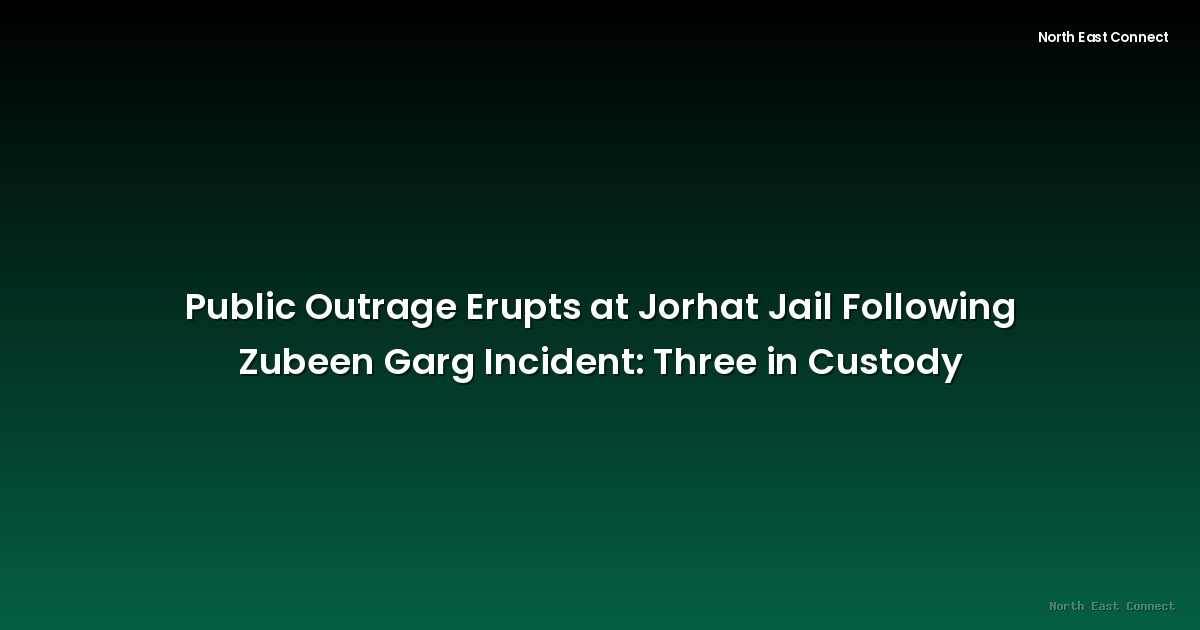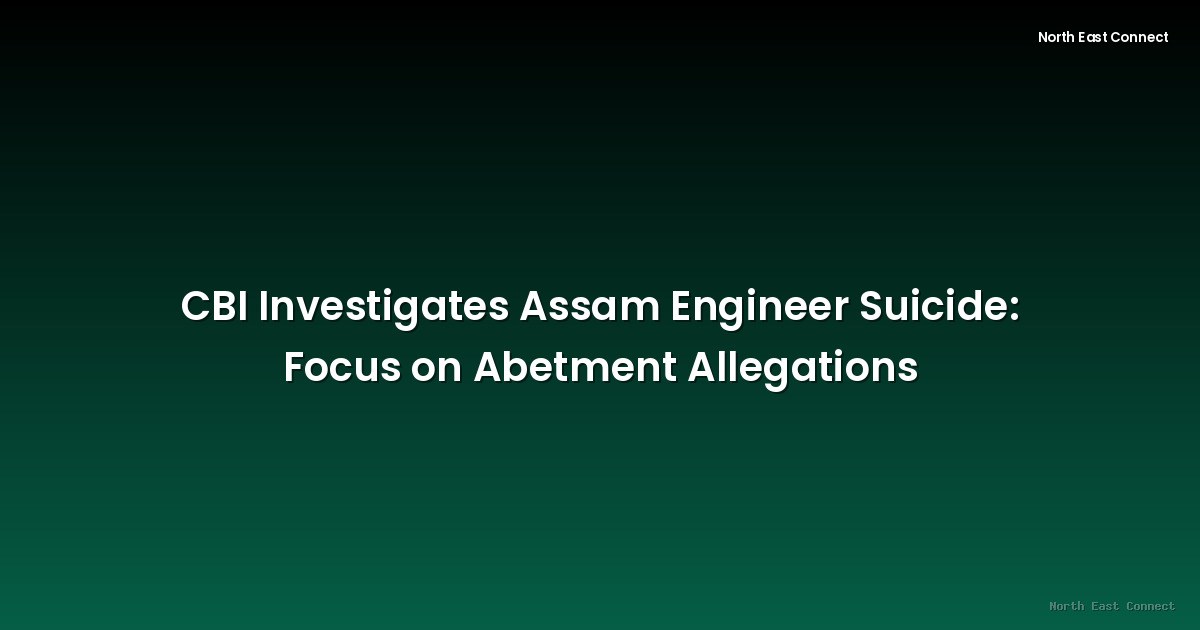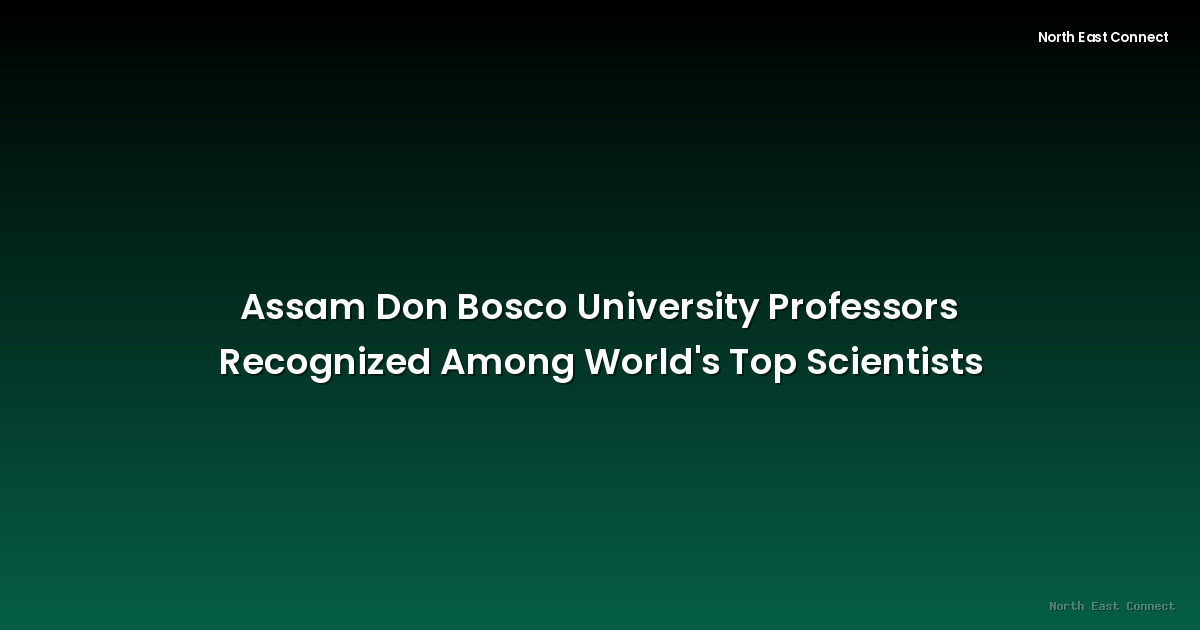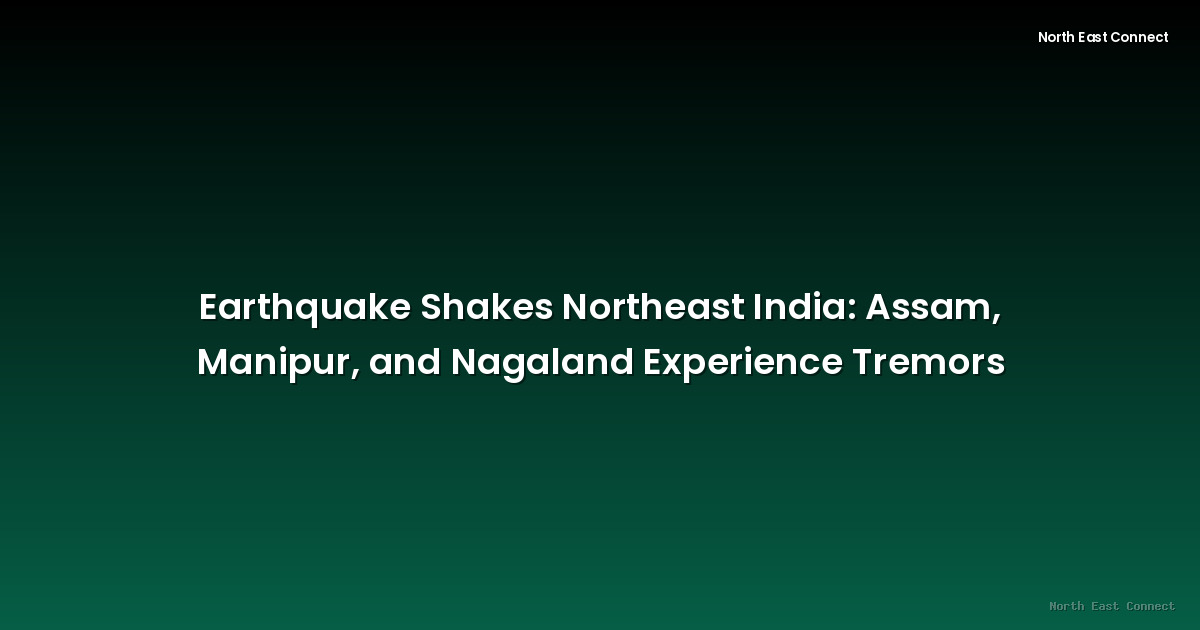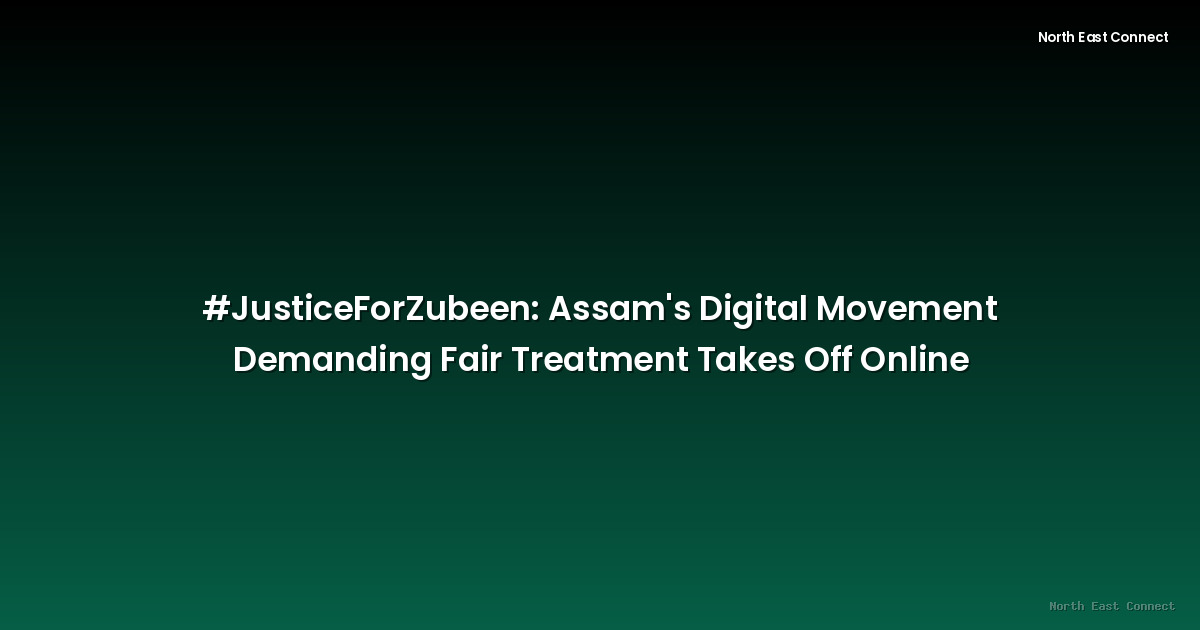2025-08-10 · News
A video circulating online depicts a tense confrontation in Roing, a town in Arunachal Pradesh's Lower Dibang Valley district. The video shows local residents confronting a group of tourists, believed to be from Assam, for allegedly littering public spaces. The residents' visible frustration highlights a growing concern over the environmental impact of tourism and the lack of civic responsibility demonstrated by some visitors. The phrase "Roing is not your dustbin," used by the locals during the confrontation, has become a rallying cry in online discussions.
The incident, while specific to Roing, resonates with wider concerns about maintaining cleanliness and environmental sustainability in tourist destinations across Northeast India. Arunachal Pradesh, known for its pristine natural beauty, is increasingly attracting tourists, but the influx also presents challenges in managing waste disposal and promoting responsible tourism practices. The confrontation serves as a stark reminder of the need for effective waste management infrastructure and increased public awareness campaigns focused on responsible tourism.
Beyond the immediate conflict captured on video, the incident has sparked a broader debate on social media platforms. Many users are commending the locals for their proactive stance in protecting their environment, while others are questioning the behaviour of the tourists and calling for greater respect for local communities and natural resources. The conversation has also extended to discussions on appropriate etiquette for tourists visiting different regions and the importance of understanding and respecting local customs and norms.
The incident in Roing underscores the delicate balance between promoting tourism and preserving the environment and cultural heritage of a region. While tourism can contribute to economic growth and development, it's crucial to ensure that it's managed sustainably. This necessitates a multi-pronged approach involving stricter enforcement of littering regulations, enhanced waste management systems, and comprehensive educational programs targeted at both tourists and local communities.
Furthermore, the incident raises questions about the role of authorities in managing tourist behaviour and ensuring a harmonious relationship between visitors and local residents. Effective collaboration between local governments, tourism boards, and community stakeholders is vital in creating a sustainable tourism model that benefits both visitors and the local population. Clear guidelines, accessible information, and accessible waste disposal facilities should be provided to prevent similar incidents from occurring in the future.
The debate ignited by the Roing incident highlights the urgent need for a more proactive and holistic approach to responsible tourism in Arunachal Pradesh and the Northeast region as a whole. It serves as a critical moment for introspection and collective action aimed at preserving the beauty and cultural richness of the region for future generations. The incident highlights not only the need for improved civic infrastructure but also for a change in attitude and behaviour towards the environment.


